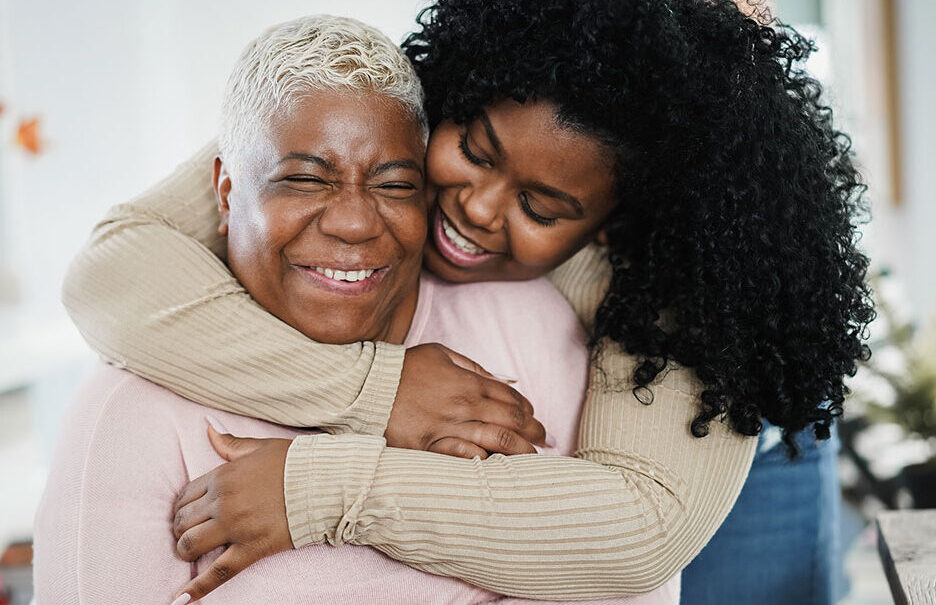LeadingAge hosted a call with the Karlo Ng, director of Department of Housing and Urban Development (HUD) Office of Gender-Based Violence Prevention and Equity on July 17. Ng shared updates on HUD’s implementation of new requirements under the Violence Against Women Act (VAWA), also called gender-based violence.
Violence Against Women Act
VAWA is a federal law that, in part, provides housing protections for people applying for or living in units subsidized by the federal government and who have experienced domestic violence, dating violence, sexual assault, or stalking, to help keep them safe and reduce their likelihood of experiencing homelessness.
VAWA 2022 Reauthorization
Congress reauthorized VAWA in 2022 to update definitions related to domestic abuse, economic abuse, and technological abuse, as well as to expand VAWA applicability to include the Housing Trust Fund and Section 202 direct loan programs. HUD is in the process of implementing new compliance review requirements, trainings, forms, and funding opportunities for stakeholders.
In the meantime, HUD’s new Office of Gender-Based Violence Prevention and Equity has established a VAWA clearing housing website for stakeholders to access resources and guidance.
Requirements for Housing Communities
Housing providers receiving federal housing subsidies, including through HUD Section 8 and Section 202 programs, have obligations to assist survivors, including by making residents aware of their rights, providing emergency unit transfers, or offering lease bifurcations.
To help improve feasibility for housing provider, HUD is piloting new financial incentives for housing providers in various locations and testing other VAWA process improvements. For example, in Chicago, HUD this year launched a pilot program that offers an add-on management fee and technical assistance for housing communities that agree to provide more training and adjust unit preferences and transfer policies to better assist tenants requesting VAWA transfers.
LeadingAge Housing Network: VAWA Discussion
During the LeadingAge call on July 17, HUD staff shared recent efforts to improve VAWA, including by holding listening sessions in June with LeadingAge and other stakeholders, and by training HUD field staff to better understand trauma-informed housing needs and solutions.
LeadingAge housing members also discussed gender-based violence as it relates to older adults, and unique needs that senior housing communities might have—such as less common situations involving a caregiver.
Ng’s PowerPoint from the LeadingAge call and more information about the Housing Network calls is available for LeadingAge members here.

 Shutdown Week Three: Impact of Ongoing Closure on Affordable Housing
Shutdown Week Three: Impact of Ongoing Closure on Affordable Housing


